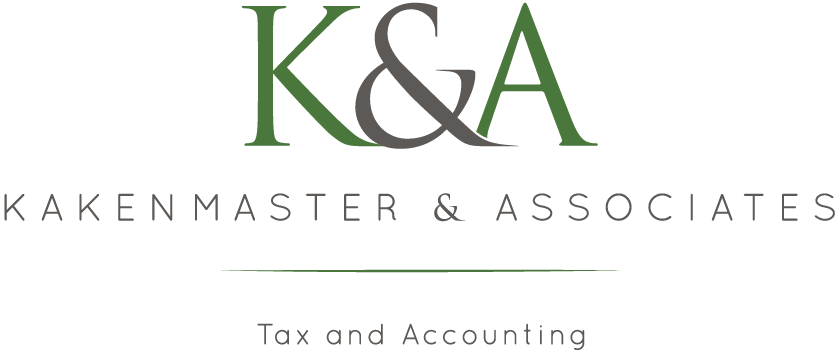The Qualified Business Income (QBI) deduction was part of the Tax Cuts and Jobs Act and is the net income generated by any qualified trade or business under Internal Revenue Code (IRC) §162.
It was unclear if rental real estate would be treated as a trade or business solely for the purpose of claiming the QBI. Typically, rental properties are treated as passive activities and are excluded from the definition of a qualified trade or business. However, the IRS issued Notice 2019-07 that provides a proposed revenue procedure providing a safe harbor for certain real estate enterprises that may be treated as a trade or business for purposes of the QBI deduction.
Generally, this means each rental real estate enterprise (a rental property or group of similar rental properties, including K-1 rental income) must satisfy these requirements:
Each enterprise has its own books and records to track income and expenses;
At least 250 hours of rental services are performed per year per enterprise; and
Beginning with tax year 2019, contemporaneous records of services performed must be kept including who performed the service, description of the service, date of the service, and how long it took to perform the service.
The rental services may be performed by the owner or by employees, agents, or independent contractors of the owner for the purpose of the safe harbor. The items that are included as rental services include general operation, maintenance, repair of the property, purchasing materials, property management activities, supervising employees and contractors, advertising the property for rent, tenant selection and background checks, negotiating and executing leases, and collecting and depositing rent. Activities that are excluded from the definition of rental services are the time spent traveling to and from the property, arranging financing, and procuring or acquiring the property to rent, as well as planning, managing or constructing long-term capital improvements.
If a rental doesn't satisfy these requirements, the enterprise could still be treated as a qualified trade or business for the purposes of the QBI deduction, provided it meets the definition of a trade or business under IRC §162.
There are certain rental real estate arrangements that are not eligible for safe harbor such as the passive rental activities that are not considered a trade or business. For example, you rent out a single-family home for a year or more and have very little interaction with the renters, who also take care of the property. Real estate that is used by the taxpayer for any part of the year is also not eligible, which would include vacation homes, cabins, and seasonal residences. Triple-net leases (tenant or lessee pays the real estate taxes, insurance, and maintenance, in addition to rent and utilities), rentals outside the U.S., and land rentals are not eligible for safe harbor.
Kakenmaster & Associates can help you determine if your rental property is eligible to use this safe harbor and claim the QBI deduction. Please feel free to give us a call if you have questions regarding this new deduction.

